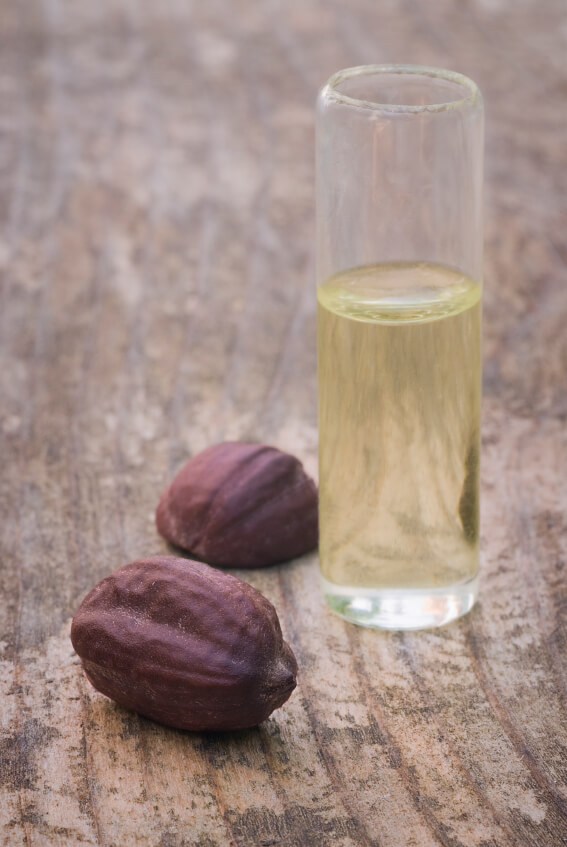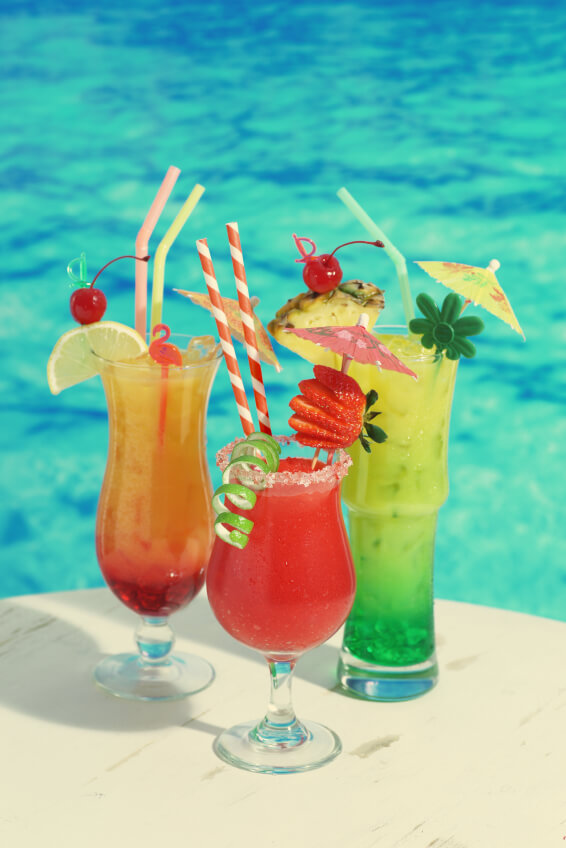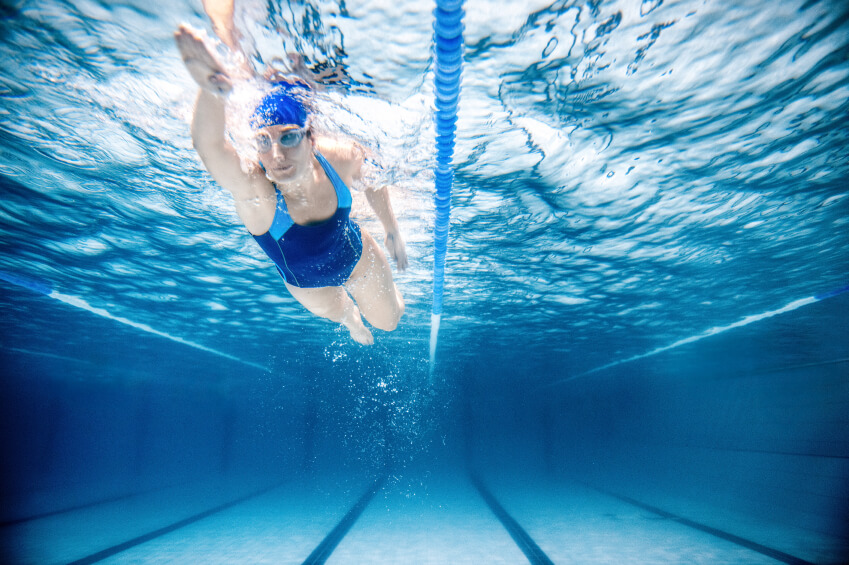Natural Eczema Treatments
Free shipping - 100% refund within 120 days
Drink Water for Eczema Relief
You can improve your eczema by providing your skin and body with more water. New skin cell regeneration cannot take place without enough oxygen and hydrogen. Much improvement can be gained by more H20 with two atoms of oxygen and one of hydrogen. The range of water needed for the average adult body is between 8 and 16 depending on the size of your body and the amount of outside exposure and heat or cold weather which has a low humidity index thus wicking moisture from your skin.
Water also moistens the skin, greatly reducing dry skin and itching. Most importantly, water helps relieve stress during the day and relaxes the body for sleep. We cannot stress enough how important it is to drink water. The hypothalamus is the body's thermostat, regulating temperature, but it cannot achieve this objective without adequate water. The body is approximately 70% water while the eye is 96% water. Water is needed for skin tissue repair as well as nearly everybody process including efficient digestion, absorption, circulation, and secretion. Water carries nutrients to the skin cell and all body cells and removes waste from the cell. How can you tell if you’re drinking enough water? Your urine should be almost clear or a very light straw yellow color.
Reduce Irritation with Moisture
Eczema is an inflammation of the skin resulting from a triggered immune system response to an exposed allergen which has resulted in skin sensitivity. Once exposed to the allergen, the immune system rallies antibodies which flow through the blood stream to the area of exposure. What you observe on the surface of the skin is redness, a bump or raised area, it may feel warm or hot to the touch and it will itch. As you scratch in response to the itching, you start a chain reaction in which the more you scratch, the more it itches.

The goal of treatment is often to break this chain of itching and scratching repetition. As anyone who has ever had can attest, this goal is much more difficult than it sounds. To soothe the skin, you need to interrupt the process and give the skin an opportunity to calm down. The can be achieved through emollients directly applied to the skin but be choosy in your choices – many moisture creams and lotions contain ingredients that will irritate the already sensitive skin and cause additional redness, inflammation and irritation. Some of these ingredients to avoid include but are limited to lanolin, exfoliating treatments such as are found in many anti-aging or anti-wrinkle creams, fragrances, parabens and even preservatives. The best options in soothing the skin are pure oils. Many of these oils such as jojoba, lavender, chamomile, safflower and coconut contain natural anti-bacterial properties which can aid in healing and soothing the cause of the itching and irritation.
Steroids: A Curse or an Eczema Cure?
Steroids or cortisone creams cannot solve the eczema problem; however, they work temporarily as a ‘Band-Aid’ to allow the immune system a chance to recover and regain control of the scratch and itch cycle. Topical creams or ointments that contain corticosteroids are frequently prescribed to help control itching. It is best to limit the use of these products to a two-week period or less. Overuse of corticosteroids (also called steroids) can cause increased redness, thinning of the skin or further damage that may aggravate an existing condition or cause another condition which may prove more difficult to treat such as steroid-induced eczema redness and flares. Your doctor might also recommend medications you take internally, such as oral corticosteroids.
Alcohol Can Aggravate Eczema

Many people think of alcohol as a way to relax and relieve stress, but it may usually worsen eczema. With the consumption of alcohol, the skin cells are even more dehydrated as alcohol pushes water from the skin cell and throughout the body as you may have noticed more restrooms stops. Our body and skin needs new cell regeneration and water is essential for the regeneration of new skin cells.
Avoid scratchy fabrics, such as wool.
Wear bleached cotton or soft fabrics in clothing that touches the skin. Avoid rough, scratchy fibers, polyesters blends, spandex and tight clothing. The darker colored dyes used in fabrics are also sources of skin irritation for many. Another problem with clothing is laundry detergent and fabric softeners used to clean clothing. These contain chemicals and fragrances that can be a source of irritation to the skin.
Avoid rapid changes in temperature or humidity.
Sudden changes in body temperature can cause you to overheat and sweat; this can trigger skin irritation, a rash and itching. Dress in layers to enable you to adjust to changes in temperature.
Food Allergies May Be Causing Your Eczema
There is a long list of foods that can cause an allergic reaction. The main culprits include dairy, nuts and seeds, and shellfish. Please see our Eczema diet page for a proper list of alkaline foods to help combat food allergies.
Allergens are more subtle trigger factors.
Atopic eczema is an allergic reaction caused by direct contact with a substance to which one has developed an allergic reaction due to an acquired sensitivity. The sensitivity displays itself as an itchy rash or lesion appearing on the skin surface. The area around the lesion or rash often appears red and inflamed. Any variety of factors may trigger this reaction although some of the most common include: a plant such as poison ivy or poison sumac, grass or weeds, environmental factors such as heat, humidity, pollution or acid rain, pollen, dust mites and pet dander, exposure to chemicals either in household cleaners or even in soaps and detergents, fabric softeners, even the chemicals in perfumes, lotions and creams. Foods have long been a culprit in atopic eczema flares. Some of the main sources of an allergic reaction to foods would include peanuts, milk, wheat, eggs, soy based proteins, preservatives and additives used to extend the shelf life of foods, even certain food dyes added to enhance the color or appearance of the food.
The intensity of an atopic eczema reaction is dependent on several factors – the length of exposure, stress, dehydration, genetics, and the alkaline pH at the time of exposure. If the body is in an acidic state, the reaction is more severe due to the body being already compromised by the acidic levels.
Treatment should begin by soothing the area of irritation, then identify and isolate the possible triggers or causes. Access the acidity levels and work to neutralize or achieve an alkaline balance.
Manage stress.
While stress does not cause eczema, it does suppress the immune system causing the intensity of an eczema flare to be more extreme.
Exercise for Eczema Relief
Exercise for stress reduction! It is best to exercise in moderate temperatures: in the early morning during the summer, and during the heat of the day in winter (if outside). To prevent the body from getting "stressed," the three basketball coaches with the most wins in the world (from UCLA, Duke University, and UNC at Chapel Hill) taught the players to drink 18 to 20 glasses of water per day (they are huge as you know) and to drink exceedingly heavily six hours prior to the game. I think the coaches have known how to prevent the body from being "stressed" or fatigued before a big exercise event! Body stress and fatigue has much to do with eczema flares. Don't do a heavy or strenuous work out when you are already stressed; just take a positive walk for 15 minutes, or complete a relaxing exercise that is positive and mentally uplifting that can be considered an easy exercise to get the mental wrinkles out. You may have watched many working out in various health spas who alternate between working with weights, a cooling shower, a swim in the pool and back to the weights, back in the shower, back in the pool, etc.
Proper Bathing for Eczema Relief

Take short baths or showers with warm water. Hot water can make you itch more. Ask your doctor about the use of oatmeal soaking products in your bath to help control the itching.
Skin affected by eczema has a tendency to be very sensitive and very reactive. Many of the soaps and cleansers contain ingredients that can aggravate or even worsen the symptoms of eczema. Deodorant soaps contain strong fragrances and exfoliating grit-like substances which can dry the skin out even more and in some cases the abrasive compounds can tear or cut the surface of the skin allowing for the penetration of bacteria and germs.
While the popular liquid soaps are less messy and make a lot of bubbles and suds, they contain alcohol byproducts to keep them liquid which can equally drying to the skin.
Many varieties of soaps have added lanolin to provide a moisturizing effect but lanolin is also a trigger for contact eczema. Three good choices for safely cleansing eczema skin include one rather unusual choice – Noxema shaving cream for sensitive skin. This product can be used on all parts of the body and contains dimethicone which can be very soothing for sensitive skin.
More traditional options include: Dove unscented cleansing bar. This very gentle soap can clean the skin without undo irritation. And Neutrogena cleansing bar for dry sensitive skin.
After bathing blot or pat the skin dry with a soft towel or allow the skin to air dry. Apply a soothing moisturizer to the still damp skin to help seal in moisture.
Learn your eczema triggers and avoid or minimize contact with them.
In treating your eczema, it may not always be possible to control the factors that trigger or cause your eczema to flare, but you control your approach toward addressing those triggers. The management of eczema is not simple. No one treatment works for everyone, since the areas involved and the degree of itching affects different people in different ways. At best we try to alleviate the intense itching, which, in essence, is the disease. Interrupt and stop this fierce symptom and we break the itch-scratch reflex, which is wholly responsible for the clinical manifestation - the rash.
